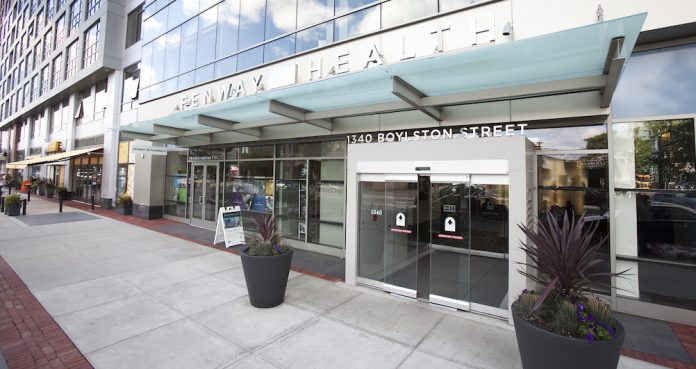Earlier this month, the Boston-based Fenway Health, one of the country’s leading care and research centers for LGBTQIA+ people, had to lay off 17 staff members in order to build a balanced budget for fiscal year 2023, which began this past July 1.
The reason, according to Carl Sciortino, Fenway’s executive vice president of external relations, came down to the conversion of the PrEP medication Truvada to a generic formulary. While this is good news for patients who take the medication, it hit Fenway’s budget by approximately $10 million annually. The 2023 fiscal year is the first Fenway has to budget without the Truvada revenue.
According to Fenway, other federally qualified health care centers throughout the country that have a large LGBTQIA+ patient population base are dealing with the same financial issues. “All have been severely affected by the loss of revenue from sales of Truvada,” said Sciortino, who meets regularly with his colleagues at these centers.
“We’re incredibly fortunate that we haven’t had to cut any expenses until now. Like other federally qualified community health centers, Fenway Health received approximately $20 million in COVID-19 relief funding in 2020 and 2021 from the state and the federal government. Those relief funds significantly mitigated the loss of revenue from sales of Truvada in our pharmacy,” said Sciortino, who went on to explain:
This support meant that we did not have to focus on expense reductions in preparation for Truvada’s conversion to generic formulary during the most challenging days of the initial onset of the COVID-19 pandemic or the subsequent impacts of the variant surges in the fall of 2021 and the winter of 2022.
Even as we have faced this financial crisis, we have continued to make investments in our workforce and in our operations. We’ve invested in a new compensation framework to ensure that Fenway is competitive, equitable, consistent, and transparent in its employee compensation. This new compensation framework is critical to Fenway’s racial and gender equity and social justice work and ensures that everyone who is employed by Fenway Health is paid a living wage. Despite our reduced revenue going forward, we are keeping the new compensation framework in place.
We have invested in Epic, which is the gold standard for electronic medical record systems. This will enhance patient-centeredness by having one shared record across clinical and public health departments, making it considerably easier for Fenway’s care team members to coordinate care and integrate services.
Meanwhile, we have continued to make improvements to our care models. In response to direct feedback from the community, we have improved our models of care for transgender women of color. As a result, over the past year, we have seen consistent increases in visits and return visits for care and services by trans women of color.
Fenway’s entire history is about succeeding in the face of adversity, and our response to this loss of pharmacy revenue is no different. We hope that LGBTQIA+ older adults and everyone else who learns of the lay-offs Fenway Health made last week appreciates that these decisions, as difficult as they were, are positioning Fenway Health for continued success in the years to come.
Not a subscriber? Sign up today for a free subscription to Boston Spirit magazine, New England’s premier LGBT magazine. We will send you a copy of Boston Spirit 6 times per year and we never sell/rent our subscriber information. Click HERE to sign up!









